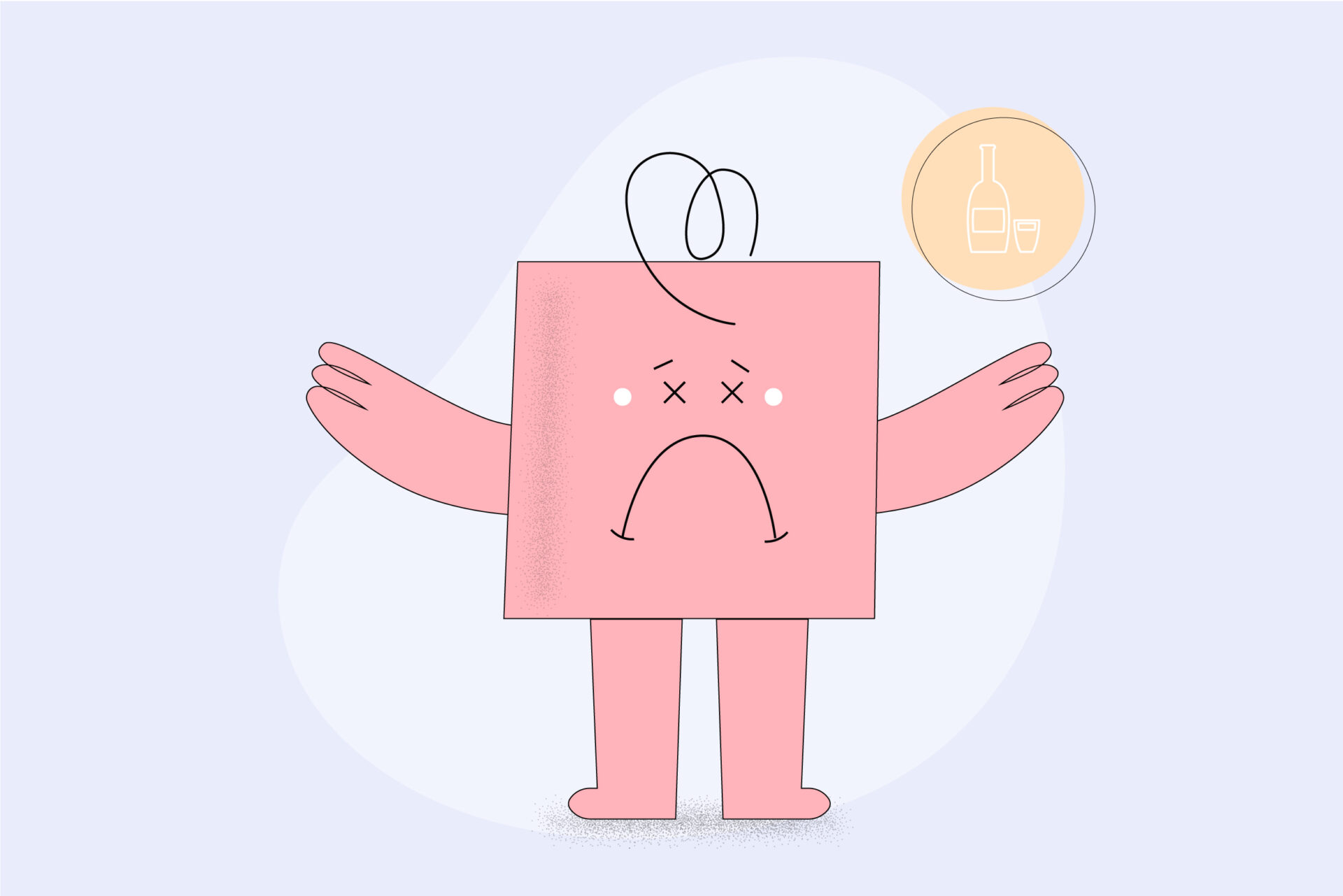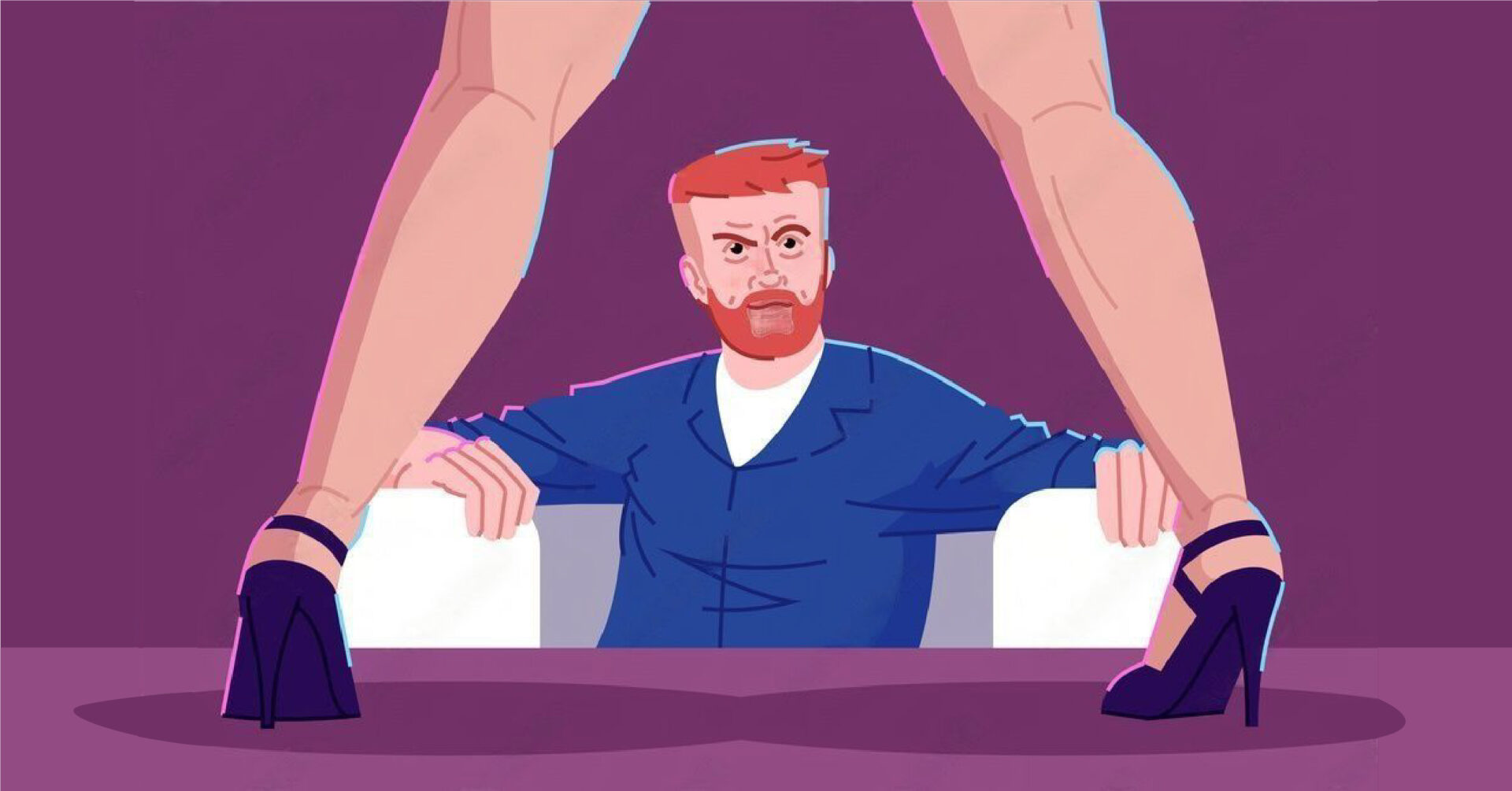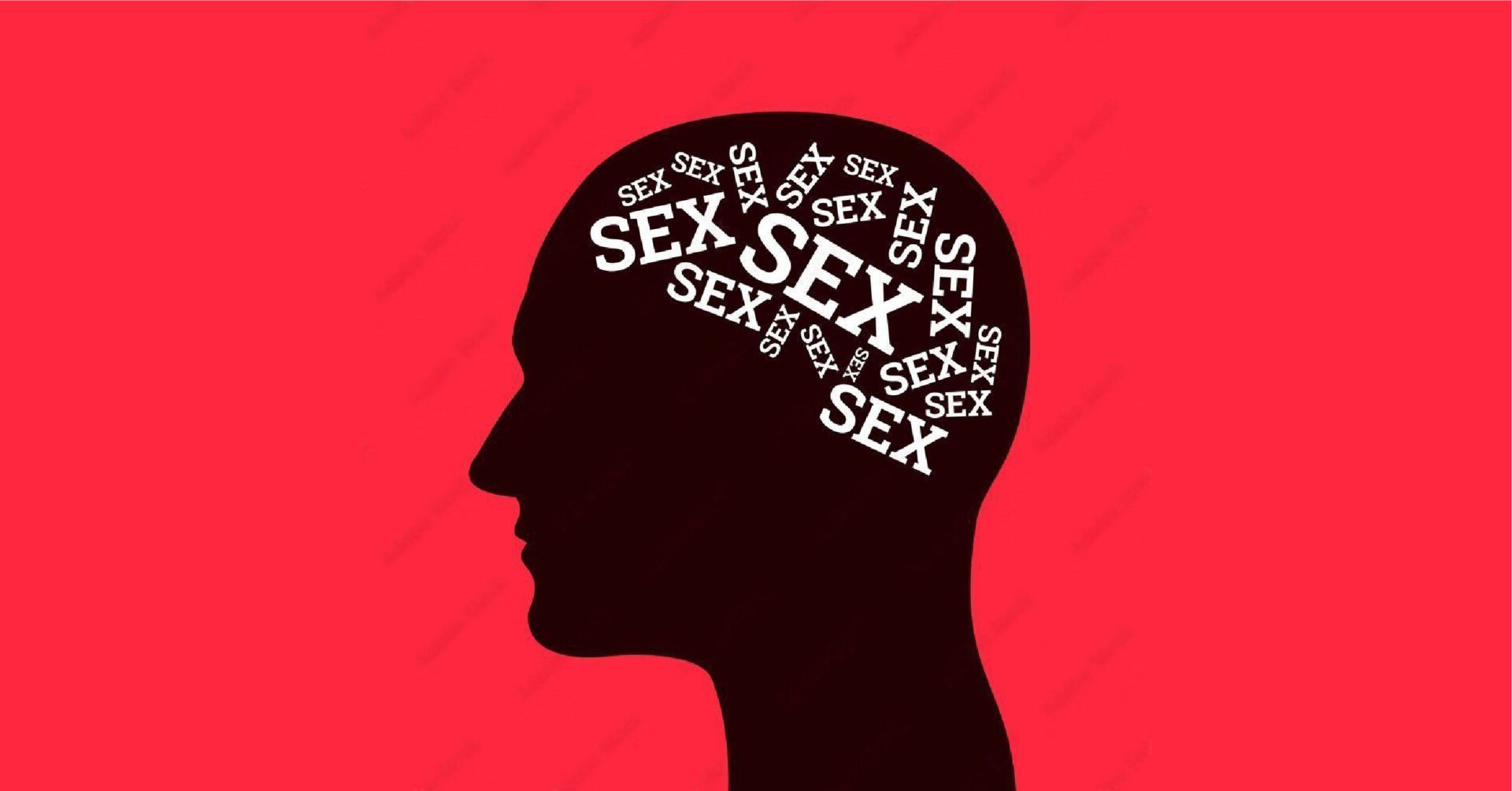Compulsive Hoarding Disorder Quiz
The Compulsive Hoarding Disorder Quiz is a brief assessment designed to identify potential signs and symptoms of compulsive hoarding disorder. It typically includes questions about acquiring and saving behaviors, difficulty discarding items, and the impact of hoarding on daily functioning and relationships.


Time is Up!

Time's up
Who can take this quiz?
The Compulsive Hoarding Disorder Assessment is intended for individuals who suspect they may have hoarding tendencies or behaviors that significantly impact their living spaces, emotional well-being, and social relationships. It’s also suitable for family members or friends who are concerned about a loved one’s accumulating habits and the potential for hoarding disorder.
What purpose does this quiz serve?
This quiz serves as an informational tool to help individuals recognize signs and symptoms associated with Compulsive Hoarding Disorder. By prompting reflection on specific behaviors, such as difficulty discarding items, cluttered living spaces, and distress at the thought of letting go of possessions, the quiz aims to raise awareness about hoarding behaviors and encourage those who identify with these symptoms to seek professional evaluation and support. The ultimate goal is to facilitate understanding and action towards managing and overcoming hoarding tendencies.
What is meant by "Compulsive Hoarding Disorder Assessment"?
The name of the quiz specifies that it is an assessment tool focused on identifying behaviors and symptoms indicative of Compulsive Hoarding Disorder. “Compulsive Hoarding Disorder” highlights the specific condition being assessed, which is characterized by difficulty parting with possessions, cluttered living areas, and significant distress or impairment.
How does the Compulsive Hoarding Disorder Assessment work?
The quiz operates by presenting a series of questions that reflect common behaviors and experiences associated with Compulsive Hoarding Disorder. Participants answer based on their own behaviors or those of someone they are concerned about, focusing on habits related to accumulating items, difficulty discarding possessions, and the impact of these behaviors on daily functioning and emotional well-being. The scoring methodology provides a guideline for interpreting the responses, suggesting that a higher number of positive answers may indicate tendencies consistent with hoarding disorder. It emphasizes the importance of seeking a comprehensive evaluation from a mental health professional for a formal diagnosis and discusses appropriate interventions to address the disorder effectively.
General Frequently Asked Questions
Compulsive Hoarding Disorder is characterized by the persistent difficulty discarding or parting with items due to a perceived need to save them. Individuals with this disorder excessively accumulate items, regardless of their value, leading to clutter that impedes living space and use.
A healthcare professional can diagnose this disorder based on an assessment of the individual’s behaviors, the extent of the clutter, and its impact on their ability to function. Diagnosis often involves discussions about the person’s attachment to items and any efforts to declutter.
Treatment may include cognitive-behavioral therapy (CBT) specifically adapted to address hoarding behaviors. In some cases, medications for related conditions like depression or anxiety may also be recommended. Support from professional organizers or local support groups can be beneficial.
- International OCD Foundation (IOCDF): https://iocdf.org/
- Hoarding Cleanup: https://hoardingcleanup.com/
- The Anxiety and Depression Association of America (ADAA): https://adaa.org/
Need a customized plan?
Disclaimer: According to an individual’s case severity, the sessions might vary.


